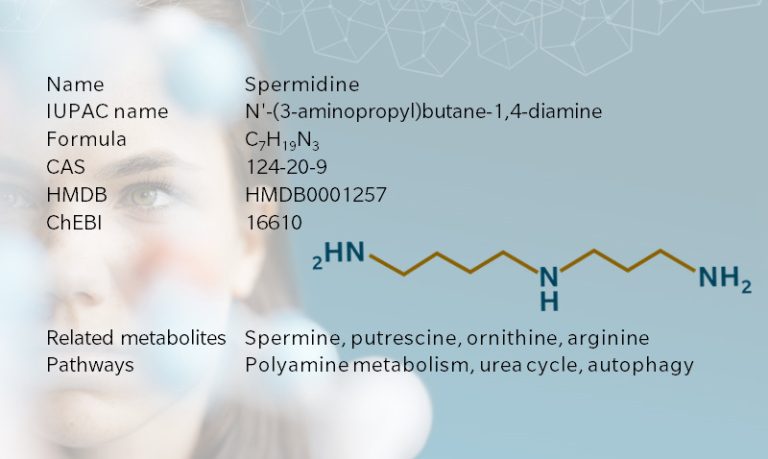In recent years, the compound Spermidine has gained attention in the world of health and wellness for its potential to support cellular health, longevity, and overall well-being. Naturally occurring in our bodies and certain foods, Spermidine is a polyamine that plays a critical role in maintaining vital cellular processes. Let’s explore what makes this compound so remarkable.
What is Spermidine?
Spermidine is a naturally occurring molecule found in all living cells. It belongs to a class of compounds known as polyamines, which are essential for cell growth, repair, and survival. The body produces Spermidine naturally, but it can also be obtained through diet, particularly from foods such as aged cheese, soy products, mushrooms, and whole grains.
The unique aspect of Spermidine is its ability to influence cellular processes that decline with age, making it a molecule of interest for researchers studying aging and longevity.
How Spermidine Supports Cellular Health
One of the most exciting benefits of Spermidine is its role in a process called autophagy. Autophagy is the body’s natural way of cleaning out damaged cells, recycling their components, and maintaining cellular health. This process is critical for preventing the accumulation of damaged proteins and organelles, which can contribute to aging and disease.
By promoting autophagy, Spermidine helps cells stay healthy and efficient. Studies have shown that higher levels of Spermidine in the body may correlate with improved cellular function, enhanced metabolism, and protection against age-related decline.
Spermidine and Longevity
Research suggests that Spermidine may play a role in extending lifespan and promoting healthy aging. In animal studies, supplementation with Spermidine has been linked to longer life and improved organ function. While human studies are still emerging, early findings are promising. Scientists believe that by supporting autophagy and reducing cellular stress, Spermidine can contribute to a healthier, longer life.
Natural Sources of Spermidine
Incorporating Spermidine into your diet can be as simple as consuming Spermidine-rich foods. Some of the top natural sources include:
-
Aged cheeses – Parmesan and cheddar are particularly high in Spermidine.
-
Soy products – Tofu, natto, and soybeans provide a plant-based source.
-
Mushrooms – Certain varieties like shiitake and maitake contain significant amounts.
-
Whole grains – Wheat germ, rice bran, and oats contribute to daily intake.
A diet rich in these foods can naturally support your body’s Spermidine levels without the need for supplementation.
Potential Health Benefits
The growing interest in Spermidine is driven by its wide-ranging health effects, which may include:
-
Cellular repair and maintenance – Supporting autophagy and reducing oxidative stress.
-
Cardiovascular health – Potentially improving heart function and blood vessel integrity.
-
Brain health – Promoting neuroprotection and possibly reducing the risk of neurodegenerative conditions.
-
Metabolic support – Assisting in healthy cellular metabolism and energy production.
While research continues, these benefits highlight Spermidine as a promising natural compound for overall wellness.
Conclusion
Spermidine is more than just a naturally occurring molecule; it is a vital contributor to cellular health and longevity. From promoting autophagy to supporting heart and brain health, this compound offers a fascinating glimpse into the body’s natural mechanisms for maintaining vitality. Whether obtained through a balanced diet or future supplementation strategies, Spermidine holds significant potential for enhancing health and well-being.
By understanding and embracing the benefits of Spermidine, we may unlock new pathways to a longer, healthier life—making it a true hidden gem in the science of aging.


